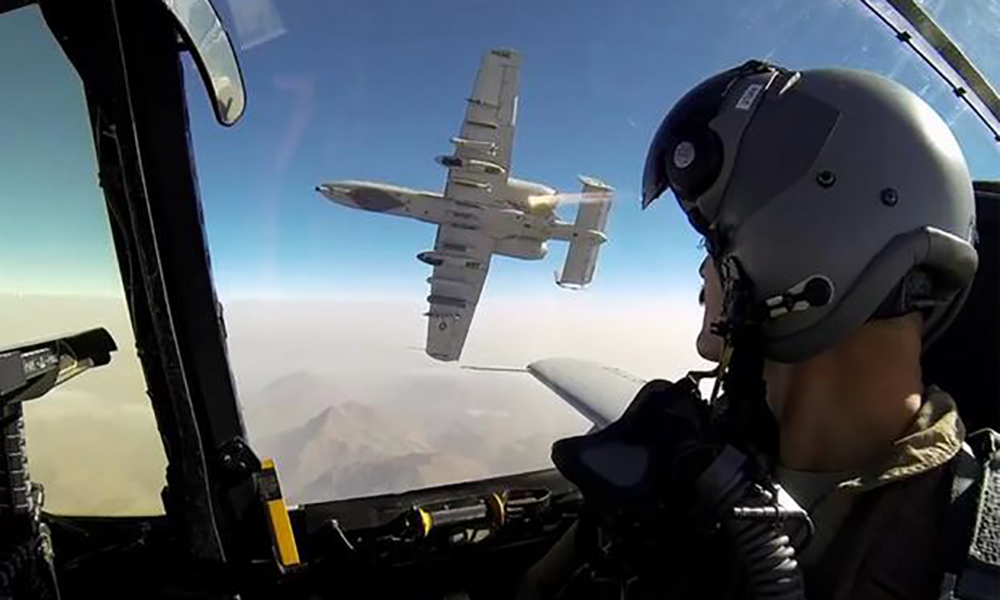US mulls possibility of airstrikes if Afghan forces face crisis

The Pentagon is reportedly considering seeking authorization to carry out airstrikes to support Afghan security forces if Kabul or any other major Afghan city is in danger of falling to the Taliban, the New York Times reported Wednesday.
According to senior officials, this could potentially introduce flexibility into President Joe Biden’s plan to end the United States military presence in the conflict.
Initially, Biden and his top national security aides suggested that once U.S. troops left Afghanistan, air support would end as well, with the exception of strikes aimed at terrorist groups that could harm American interests.
But, according to the Times, military officials are actively discussing how they might respond if the rapid withdrawal produces consequences with substantial national security implications.
No decisions have been made yet, officials said. But they added that one option under consideration would be to recommend that U.S. warplanes or armed drones intervene in an extraordinary crisis, such as the potential fall of Kabul or a siege that puts American and allied embassies and citizens at risk, the Times reported.
A potential fall of Kabul is the crisis most likely to lead to military intervention after U.S. troops leave, officials said.
Intervening to protect Kandahar, Afghanistan’s second-largest city, would be far less certain, one official told the Times.
According to the Times, the discussion suggests the degree of concern in Washington about the ability of Afghanistan’s military to hold off the Taliban and maintain control of Kabul and other population centers.
And it is the latest indication of the scramble by the United States to address the ramifications of Biden’s decision in April to order a full withdrawal.
Whether to provide air support to Afghan security forces after U.S. troops pull out is one of several major questions about Afghanistan policy that the administration is grappling with as Biden prepares to meet NATO allies in Europe next week, the Times reported.
